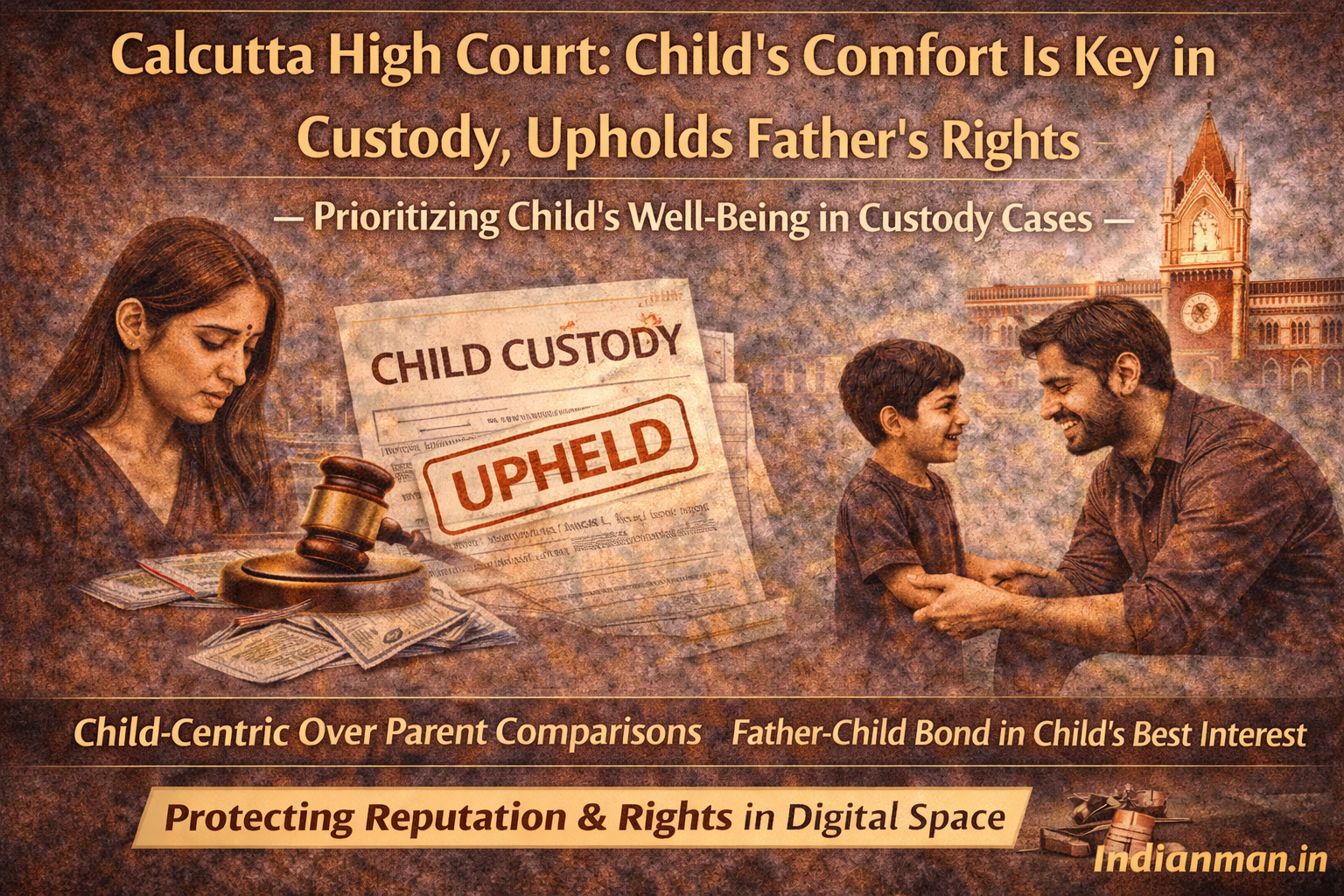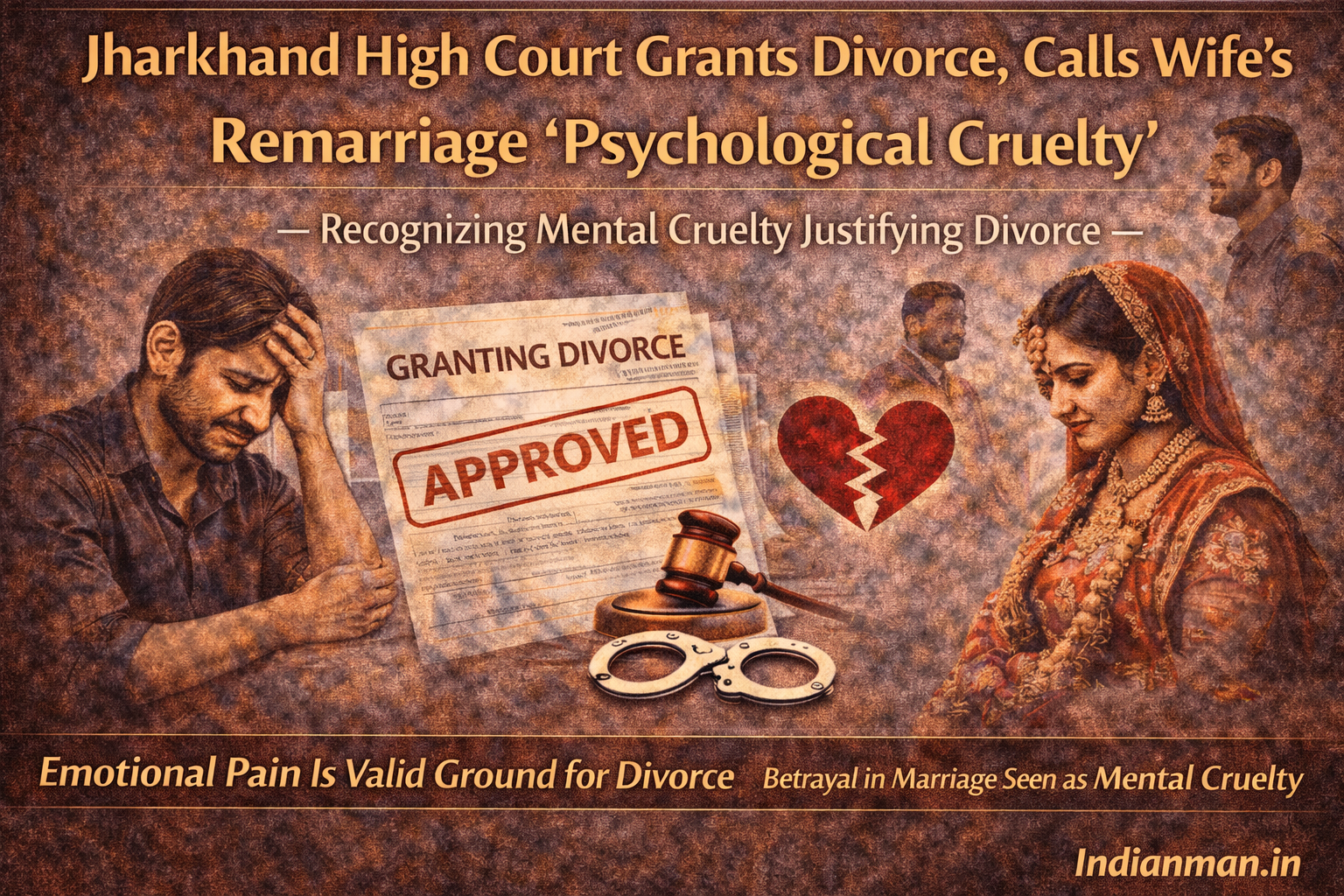The Kerala High Court recently dismissed a woman’s appeal against a divorce decree, ruling that refusing mental health treatment to maintain a harmonious marriage amounts to cruelty. This decision highlights the importance of addressing mental health issues in marital relationships.
The appeal was filed by a woman challenging the Family Court’s decision to grant her husband a divorce on the grounds of cruelty and desertion. The bench, consisting of Justice A. Muhamed Mustaque and Justice Sophy Thomas, concluded that the husband had successfully proven that his wife treated him with cruelty, causing him significant mental distress.
The woman argued that she intended to live with her husband and children, but was forced to leave the matrimonial home due to ill-treatment. She denied having any mental illness, claiming that the stress she experienced was due to being treated like a slave.
However, the husband contended that his wife had deserted him in 2005 due to her mental health issues, which included excessive anger. He alleged that she frequently threatened to kill him in his sleep and refused to seek treatment for her mental condition.
Their two daughters also testified against their mother, stating that she verbally and physically abused their father and often threatened to harm him or herself. They described how their mother abandoned them, leaving them to be cared for by their father and grandmother while they were still in school.
Considering these testimonies, the court observed that the woman’s behavior created significant trouble in her family life, and she was not receiving any treatment for her issues. The court emphasized that mental cruelty cannot be comprehensively defined but must be assessed based on the specific circumstances of each case.
Since the couple were Christians, the court also examined the definition of “matrimonial cruelty” under personal laws applicable to their religion. Under Section 10 of the Indian Divorce Act, which applies to Christians, cruelty must cause reasonable apprehension in the spouse’s mind that living with the other would be harmful or injurious.
The court clarified that “harmful or injurious” should not be limited to physical harm but should include any behavior that hinders a spouse’s ability to enjoy and flourish in their married life.
In conclusion, the Kerala High Court found that the husband had sufficiently proven his claims of cruelty and dismissed the woman’s appeal. This ruling underscores the necessity of addressing mental health issues within marriages to ensure the wellbeing of both partners.
Be a part our social media community:
Facebook: https://www.facebook.com/IndianMan.in?mibextid=ZbWKwL
Instagram:
https://www.instagram.com/indianman.in?igsh=MWZ2N3N0ZmpwM3l3cw==




